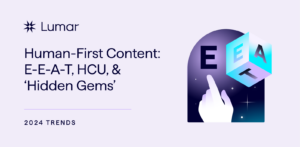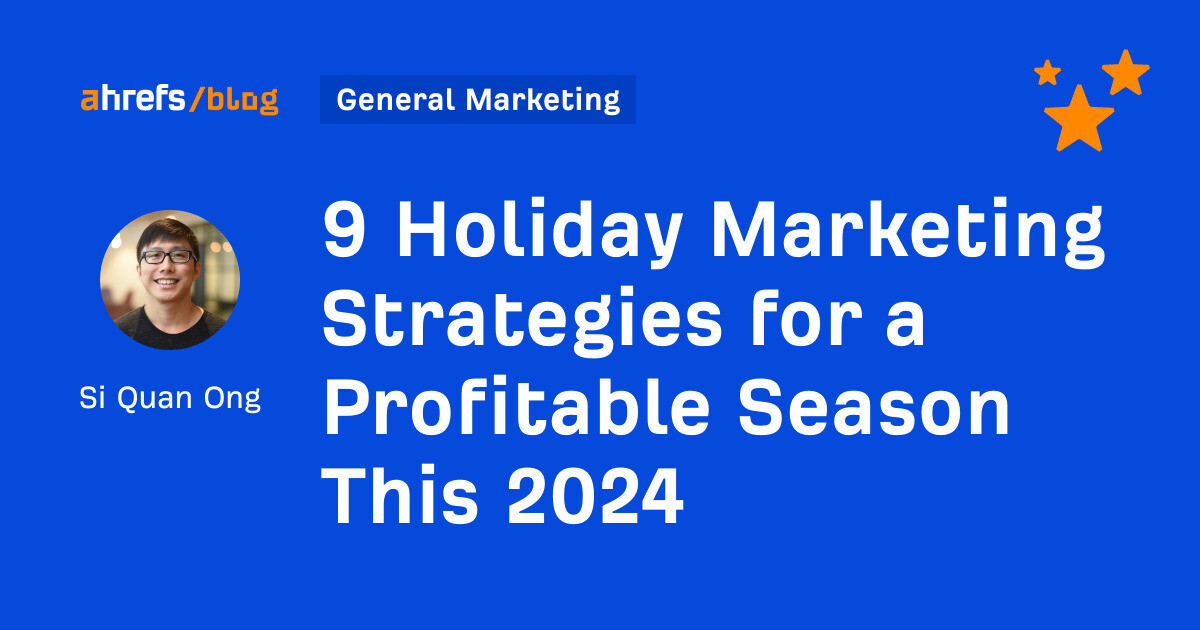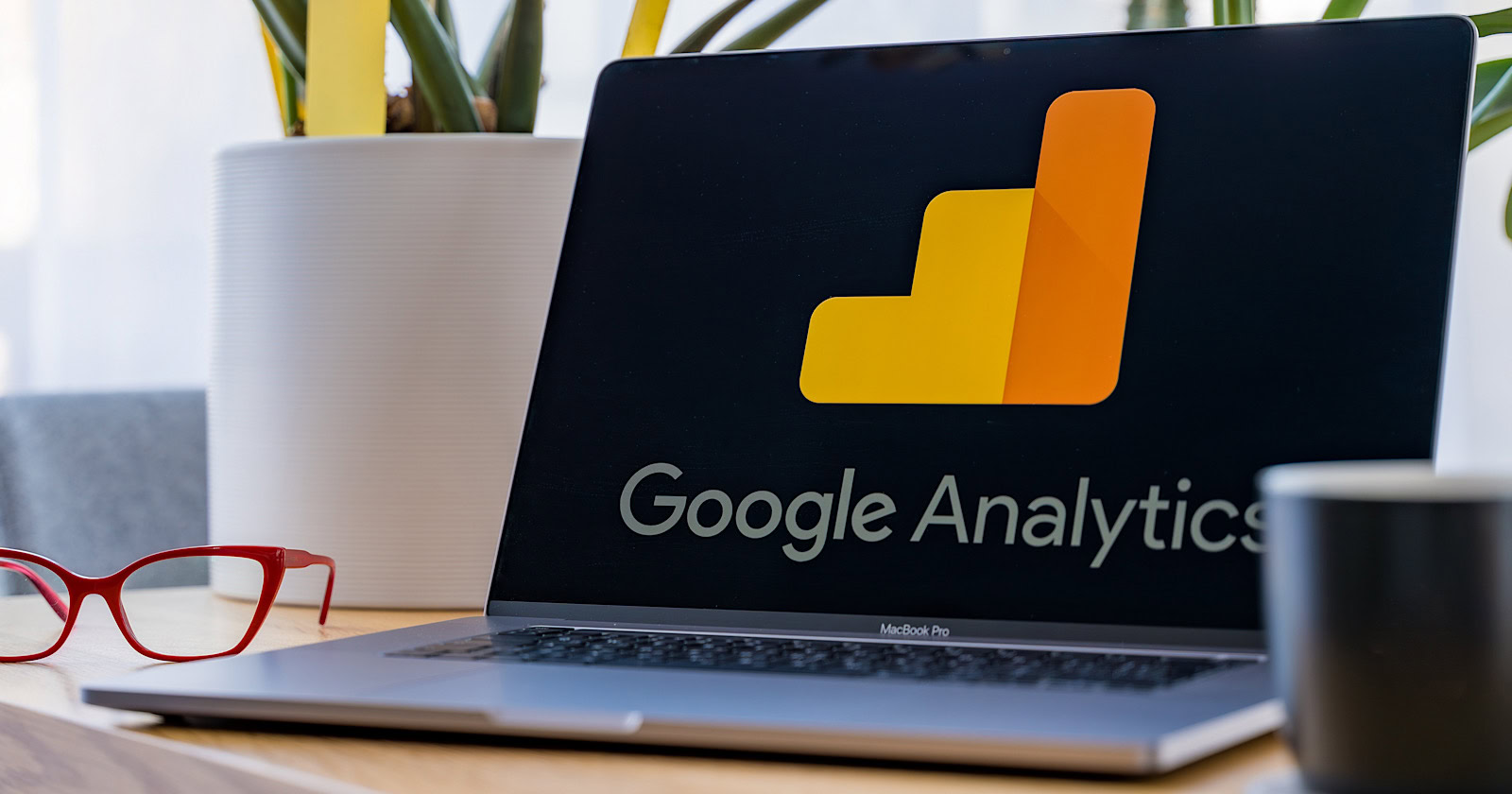
What happened in SEO and website optimization news this month?
This month, we’ve added a new accessibility news roundup (with thanks to our web accessibility friends at QualityLogic) alongside our usual SEO news recap, providing an even more comprehensive review of the latest happenings in the world of website optimization.
1. Google launched its June 2024 “spam update”
On June 20, Google Search began rolling out its latest spam update, targeting websites that violate Google’s spam policies.
If your site sees a reduction in rankings or traffic following the latest spam update, you should review Google’s spam policies and make changes to ensure you are complying with their rules.
Google Search Central reports that it may take several months to recover from spam-related SERP losses as it will take their automated spam detection system time to re-crawl and update its view of your website.
Spammy behaviors and bad practices that may get your site flagged for spam policy violations include:
- Cloaking (presenting different content to users than what is presented to search engines to manipulate search rankings and mislead users)
- Expired domain abuse (purchasing and repurposing an expired domain name primarily to manipulate search rankings)
- Hidden text and links (the act of placing content that is not easily viewable to users on a page for the purpose of manipulating search engines – for example, using white text on a white background)
- Keyword stuffing
- Link spam (including buying or selling links for ranking purposes)
- Machine-generated traffic (for example, sending automated queries to Google)
- Scale content abuse (for example, using generative AI tools to generate many pages without adding value for users)
(News Source: Google Search Central + Google Search Status Dashboard )

Read more about SEO best practices related to AI-generated content
2. Reddit site traffic is up 39% YoY
Search Engine Journal reports that Reddit is ranking higher than ever in Google search results — with traffic to the forum website reportedly growing 39% year-over-year, according to Similarweb data.
The growth of Reddit’s visibility in Google’s SERP results follows the search engine’s recent “Helpful Content Updates” and its “Hidden Gems” update that sought to surface more first-person content in users’ search results.
It’s worth noting that Google also recently signed a $60 million deal with Reddit to license Reddit content for use in its AI training ******.
(Source: Search Engine Journal )
3. Google suffered a short-term indexing bug that saw some big sites failing to get new pages indexed
Barry Schwartz of Search Engine Roundtable reported on June 20 that there seemed to be an indexing bug in Google Search, leading to new news articles from large websites failing to be indexed. Google confirmed the problem and said the indexing issue is now resolved, though websites may still experience some delayed indexing until all of the previously affected URLs have been reprocessed.
(Source: Search Engine Roundtable)
4. Google publishes an FAQ on its AI overviews
In the Google Search Help forum, a community manager for the search giant has posted a FAQ (and answers) relating to Google’s ‘AI overviews’ in search. They confirm that disabling the “AI overviews and more” experiment in Search Labs will not disable all AI overviews in Google Search. “AI Overviews are a feature like knowledge panels and can’t be turned off,” they explain in the post. For users who do not want to see the AI overviews, they recommend using the ‘Web’ tab in Google Search.

They also acknowledge the obvious issue — that AI overviews are not always accurate and can make mistakes when generating the information provided.
(Source: Google Search Help Forum)
5. Growth in search visibility for e-commerce and UGC sites
A new Amsive study has shown big gains in search visibility for e-commerce and user-generated content (UGC) sites in 2024 vs. this same period last year.
Per the report:
“We noticed that there appear to be fewer opportunities for informational, product review-oriented sites to appear prominently for many transactional queries in 2024 compared to 2023. These top-ranking positions are now frequently occupied by eCommerce stores—especially Amazon—and forum and user-generated content, such as Reddit, often involving users on those sites discussing the product in our search.”
(Source: Amsive)
Many thanks to our website accessibility expert friends at QualityLogic for contributing to this digital accessibility news round-up for June 2024.
1. New WCAG 3.0 working draft published by W3C
Late last month, the W3C published its working draft for WCAG 3.0. Though presently incomplete, this new draft of the Web Content Accessibility Guidelines contains 174 potential ‘outcomes’. (Note: ‘outcomes’ is the new term for ‘success criteria’.) By comparison, WCAG 2.2 has just 87 success criteria.
Likely, not all of the 174 outcomes listed will be included in the final version of WCAG 3.0, as the draft for new accessibility guidelines is still deeply under review.
(Source: World Wide Web Consortium [W3C] )
2. New AI accessibility updates for Google products
During Global Accessibility Awareness Day (GAAD) last month, Google announced 8 new accessibility updates across Google Maps, Lookout, and more. The AI-powered accessibility updates include:
- AI-generated image descriptions via Gemini TalkBack integration: Later this year, Gemini Nano’s multimodal capabilities are coming to TalkBack, helping people who experience blindness or low vision get richer and clearer descriptions of what’s happening in an image.
- ‘Find mode’ added to Android Lookout: Lookout, an assisted vision tool on Android, helps people with blindness and low vision use their phone’s camera to get more information about the world around them. Google is launching a new ‘find mode’ within Lookout to help users find specific objects around them. Users can select from seven categories of items (for example: seating or bathrooms) and then, as you move your camera around the room, Lookout will notify you of the direction and distance to the item.
- Text-free communication with ‘Look to Speak’: With the Android app Look to Speak, you can select pre-written, customizable phrases with your eyes and have them spoken aloud. Starting today, Look to Speak is rolling out a text-free mode. With this mode you can also select and personalize emojis, symbols and photos to activate speech.
- Expanded accessibility features in Google Maps: New a11y features in Google Maps will include more detailed walking instructions and screen reader capabilities for Lens in Maps. Lens in Maps (formerly known as ‘Search with Live View’) uses AI and augmented reality to help people use their phone’s camera to orient themselves in an unfamiliar neighborhood and discover new places around them like ATMs, restaurants or transit stations. Google Maps now also offers accessibility information for more than 50 million businesses (including information about wheelchair-friendly entrances, accessible restrooms, parking, and more) with an option to filter business reviews for ‘accessibility’.
(Source: Google’s ‘The Keyword’ Blog )
3. Apple announces new digital accessibility features, including eye tracking and vocal shortcuts
Apple has announced new accessibility features are coming for its devices later this year, including:
- Eye Tracking: A way for users with physical disabilities to control iPad or iPhone with their eyes (powered by AI).
- Music Haptics: A new way for users who are deaf or hard of hearing to experience music using the Taptic Engine on iPhone
- Vocal Shortcuts: Vocal Shortcuts will allow users to perform tasks by making a custom sound
(Source: Apple Newsroom )
To stay up-to-**** with the latest developments in SEO, website accessibility, and broader website optimization disciplines, why not give Lumar a follow on X/Twitter or LinkedIn?
Upgrade your website optimization tools with Lumar Get a platform demo



